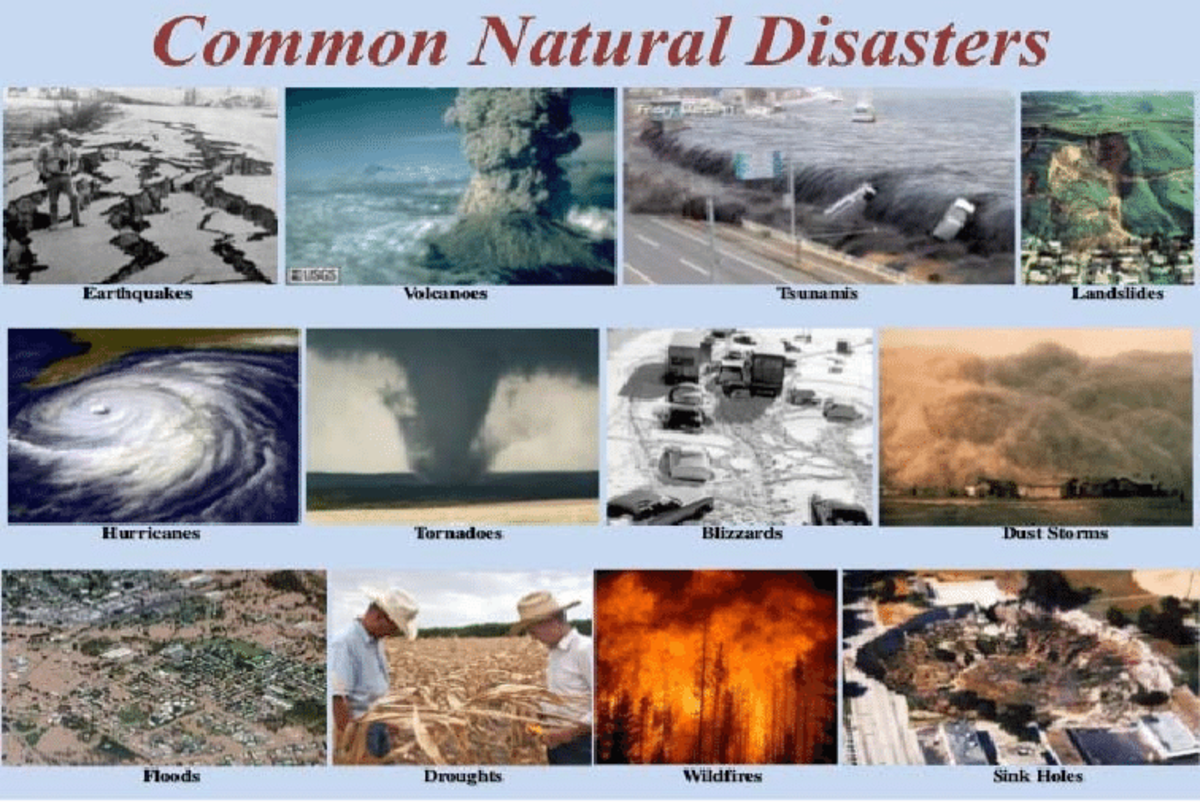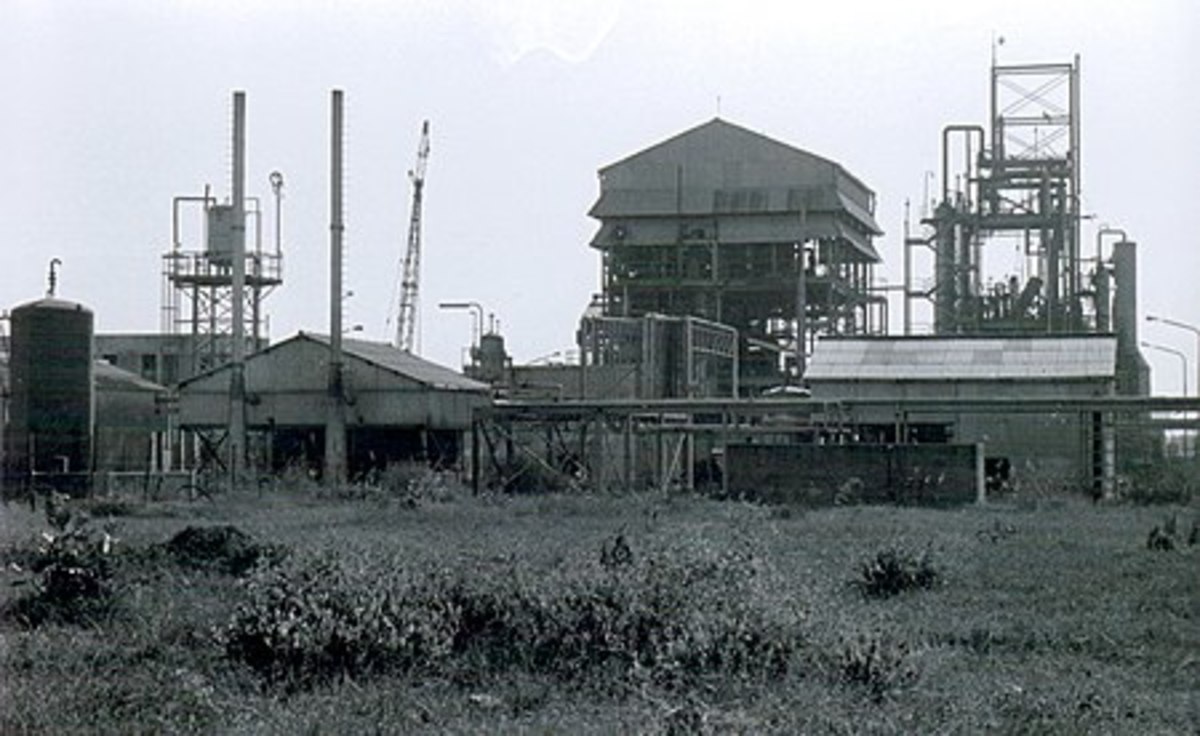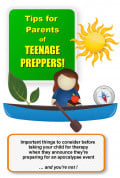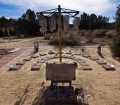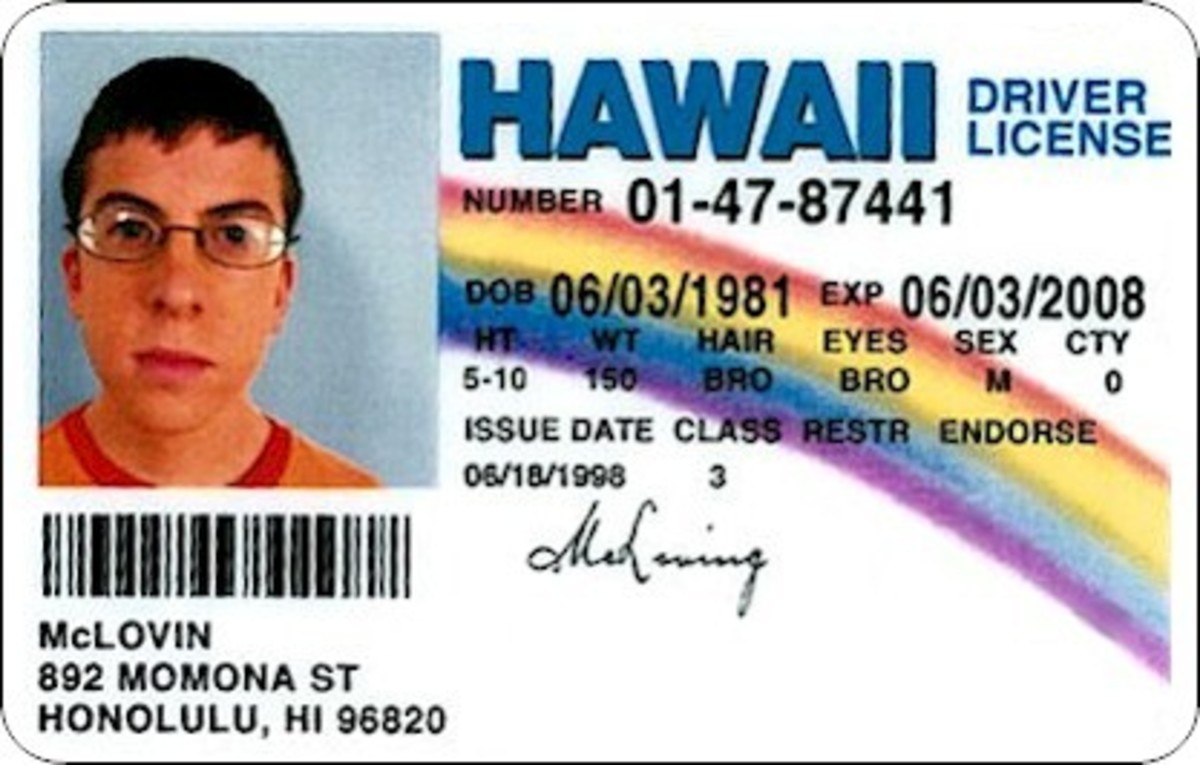How to Prepare for Natural, Man-Made, and Economic Disasters
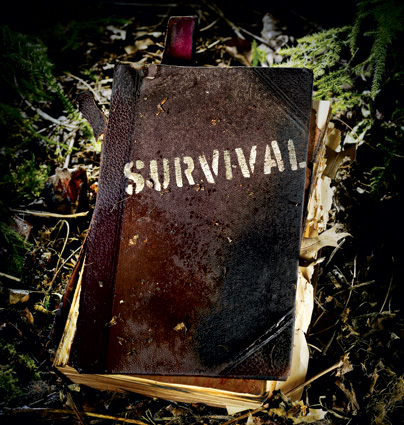
We live in a world that is very unstable. You can never be too certain as to what is going to happen anywhere and there is always a very real danger of economic, natural or man-made disasters.
In many cases people tend to think that these types of problems may not happen to them or would not happen in the area that they are in. Unfortunately we are seeing more and more disasters all across the world and being prepared for these disasters no matter where you are at is extremely crucial.
What You Should Prepare For?
So we know that we must be prepared, but prepared for what exactly..?
Disaster preparedness means that you will have all the necessary essentials to help get you through a calamity of any kind.
FOOD
It goes without saying that food is extremely important no matter what your location. If you can grow your own food in your backyard or a local community garden then you have a huge advantage and you ought to consider doing so.
If you do not have the luxury of having land to grow your own sustenance, try vertical or small-scale gardening to help you with your food preparations.
In a disaster situation there would be a food emergency. During a food emergency you will find that food shortages are rampant so having a quick source of food and additional storage space is critical.
It is said by many professionals that you should have at least 150 pounds of food per person in your home.
WATER
You will also need to have drinkable water included in your disaster preparation. Look at any natural disaster or war-zone and you will see that water is the hardest commodity to find and people literally fight over this precious resource.
Also consider buying water purification tablets in case you need to purify unclean water.
MEDICINE
In your disaster preparation you will also want to make sure that you store medicine and other household items. Cleaners will become a necessity. Bleach will be helpful in sanitizing water and in cleaning anything that you may need. Medicines should include antibacterial medicines, antibiotics, and band aids.
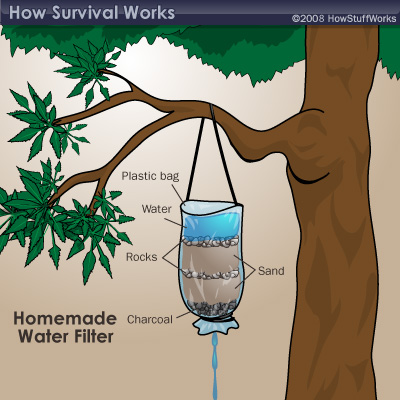
Essentials of a Survival Plan
So what do you do if (or when) a disaster strikes? Do you have a plan in place?
It goes without saying that folks who are well-prepared during times of adversity are the likeliest to come out unharmed. Therefore, you MUST have an effective survival plan!
In your survival plan you will need to make sure that you have a "safe house" where you will go if something severe happens to your home. Ideally, that is where your food, water, medicine and other household items will be stored.
In your survival plan you will also want to make sure that you have important numbers listed and make sure that you have tips for surviving a disaster with you including books and guides on the subject of surviving a disaster.
Many people have this perception that disaster survival is an expensive undertaking, but if you watch for sales and discounts you can easily stock up a great amount of supplies. Really good deals can be found on Amazon and Ebay, as well as your local thrift store or flea markets.
Besides, the investment you make in your safety and security is more important than the expenses you incur and can save you a lot of money and grief in the long run.
Survival Gear
Preparedness Poll
How prepared are you in case of a natural or man-made disaster
The Twelve Steps of a Survival Plan
In summation, following are the 12 crucial steps for an effective survival plan..
1. Store at least a week's worth of water at home, which is a
gallon a day per person.
2. If you run out of water, there's roughly forty gallons in
your water heater and more in the back tank of your toilet.
(make sure a back-flow valve is installed and purge the
water-heater tank at least once a year.)
3. Maintain at minimum, a week's supply of canned food or food with a
long shelf life at home -- soups, peanut butter, jerky, vegetables,
stews, MREs, canned tuna/salmon/chicken - basically anything
that doesn't spoil, and predominantly things you don't need to heat
to eat. (Don't forget the can opener.)
4. Have supplies for emergency lighting and first aid at home. A
good flashlight and spare batteries are essential, and kerosene
lanterns if you're hardcore. (I find I rarely use candles, but instead
scatter those little stick-em LED lights around.)
5. If you live in a cold part of the country, make sure you have
a kerosene heater (that's approved for indoor use), a vent-free gas
stove, or a wood-burning fireplace, plus enough fuel to get you
through at least seven days. A few good blankets and cold-weather
sleeping bags are also a good idea.
6. Take the local fire department's CERT (or NERT) class or your
national equivalent of a community preparedness course. It's the
best survival primer you can get.
7. Have a home evacuation plan that includes a safe place to go,
a rally point for family members who are elsewhere, and a go-bag
with copies of important documents, a few days of survival
supplies, and some cash ready to grab and go.
8. Always keep your car tank above the half-full line, and an
emergency survival kit in the trunk.
9. Have a backup communication plan if phone lines go down or
get jammed. In addition to a radio the best thing you can get is a ham radio
license, because not only can you communicate no matter what
happens, but you'll know the news before it's in the media.
10. Be prepared to protect yourself and your loved ones,
whatever that means to you. It can be as simple as installing
an alarm system, security lights, and bolts for the doors, and
taking some self-defence classes in case if home invasion.
11. Own a multi-tool (a Leatherman Wave or Surge work) and a
good fixed-blade knife (I use an Esse-3), learn how to use them,
and keep them close by. (Except when going through airport
security.)
12. Make friends with your neighbors, especially handymen,
mechanics, doctors, and others with useful skills (apologies to
accountants, agents, and lawyers). It's good to have a network.
In conclusion, I would encourage you to learn as much as you can about disaster preparedness and urban survival. Most of us will experience some sort of a calamity in out lives.
I do not intend to sound like a fear monger, but those of you who live in the tectonically active areas on the west coast, the tornado ally of the midwest and the south, or the hurricane zones of the gulf coast, must ensure that you have all the supplies you need to make it through.
I wish everyone the best of luck. Happy Survival.


